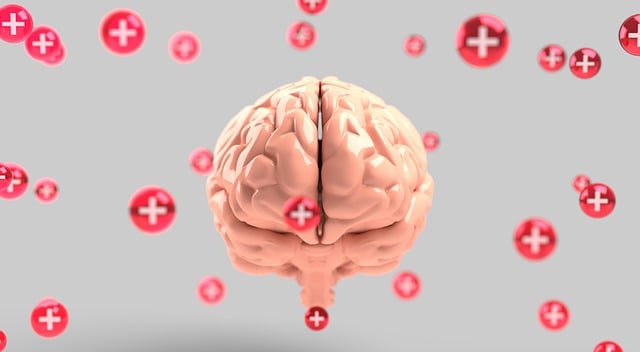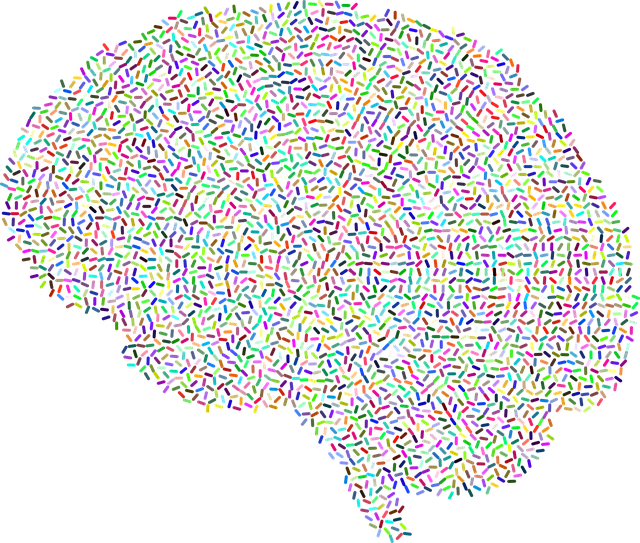Mental wellness apps, leveraging evidence-based practices like Centennial Acceptance and Commitment Therapy (ACT), are gaining popularity for supporting users' emotional well-being. These apps provide accessible crisis intervention, mindfulness techniques, and personalized recommendations to enhance mental resilience. By focusing on acceptance, cognitive reframing, and behavioral changes, ACT-based apps help individuals manage stress and life challenges more effectively. The market is experiencing growth, with technology advancements promising enhanced user engagement through data analytics and AI tools for professionals. As global mental health awareness increases, these digital solutions aim to offer timely support and improve overall well-being.
“Unleashing the power of technology for mental wellness is the forefront of modern healthcare. This article presents a comprehensive guide to Mental Wellness App Development, offering insights into creating effective digital tools. We explore the integration of Centennial Acceptance and Commitment Therapy (ACT) within mobile applications, its therapeutic benefits, and market trends. By examining user engagement strategies and future prospects, this piece aims to empower developers and mental health advocates in shaping a healthier digital landscape.”
- Understanding Mental Wellness App Development: A Comprehensive Guide
- Integrating Centennial Acceptance and Commitment Therapy (ACT) into Mobile Applications
- Market Trends, User Engagement, and Future Prospects for Mental Health Apps
Understanding Mental Wellness App Development: A Comprehensive Guide

Mental wellness app development is a growing field aiming to support individuals’ emotional well-being and mental resilience. Understanding this process involves comprehending various therapeutic approaches, such as Centennial Acceptance and Commitment Therapy (ACT), which focuses on accepting one’s thoughts and emotions while committing to valued actions. These apps play a vital role in providing accessible crisis intervention guidance and emotional healing processes, ensuring users can manage stress effectively.
By integrating evidence-based practices, developers create tools that enable users to monitor their mental health, receive personalized recommendations, and engage in activities promoting mindfulness, cognitive reframing, and behavioral changes. The ultimate goal is to empower individuals with skills for lifelong well-being, fostering a sense of balance and resilience in the face of life’s challenges, including stress management.
Integrating Centennial Acceptance and Commitment Therapy (ACT) into Mobile Applications

The integration of Centennial Acceptance and Commitment Therapy (ACT) into mobile applications represents a significant step forward in mental wellness app development. ACT focuses on fostering positive thinking, acceptance, and mindfulness, empowering users to navigate life with greater flexibility and resilience. By incorporating techniques like defusing from negative thoughts, embracing present-moment experiences, and setting values-driven goals, these apps can offer powerful tools for self-care practices and trauma support services.
This therapeutic approach encourages individuals to cultivate a sense of psychological distance from their thoughts and emotions, promoting a healthier relationship with themselves and their surroundings. Through interactive exercises, guided meditations, and personalized feedback, ACT-based apps can help users develop coping strategies that enhance overall well-being. By making these evidence-based practices accessible on-the-go, individuals are empowered to engage in regular self-care, even amidst the hustle and bustle of daily life.
Market Trends, User Engagement, and Future Prospects for Mental Health Apps

The market for mental wellness apps is experiencing a significant surge, reflecting the growing acceptance of digital tools in addressing psychological well-being. One prominent therapy gaining traction is Acceptance and Commitment Therapy (ACT), which encourages individuals to accept their thoughts and emotions while committing to valued actions. This approach has shown promise in treating various mental health conditions, including anxiety. Apps integrating ACT principles are becoming popular as they offer accessible and flexible support for users seeking Anxiety Relief.
Future prospects for these applications are promising, with advancements in technology potentially enhancing user engagement through personalized experiences. By leveraging data analytics, apps can tailor interventions based on individual needs, improving effectiveness. Moreover, the integration of artificial intelligence could facilitate more sophisticated risk assessment tools for Mental Health Professionals. As Mental Health Awareness continues to grow, these digital solutions may play a pivotal role in providing timely support and promoting better mental health outcomes for users worldwide.
Mental wellness app development is a dynamic field, driven by user demand and market trends. Integrating evidence-based approaches like Centennial Acceptance and Commitment Therapy (ACT) into mobile applications shows promise in enhancing access to mental health support. As these apps gain popularity, understanding user engagement patterns and future prospects is crucial for creating effective and sustainable solutions that cater to diverse mental wellness needs. By staying informed on the latest research and trends, developers can contribute to a more inclusive and accessible mental health landscape.














